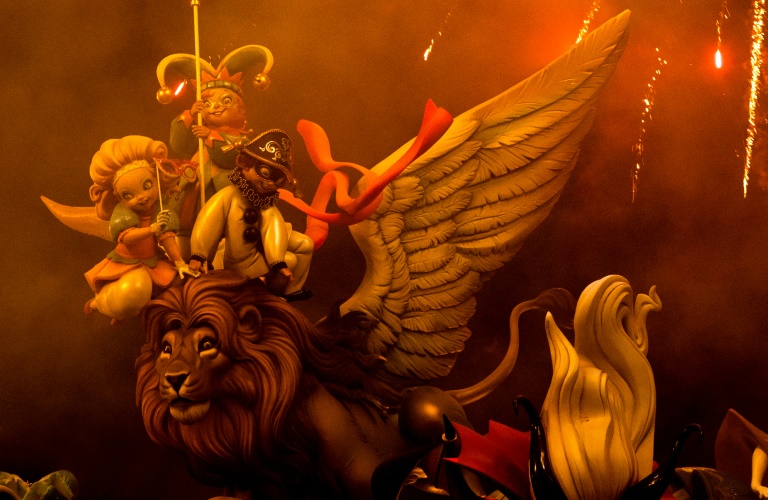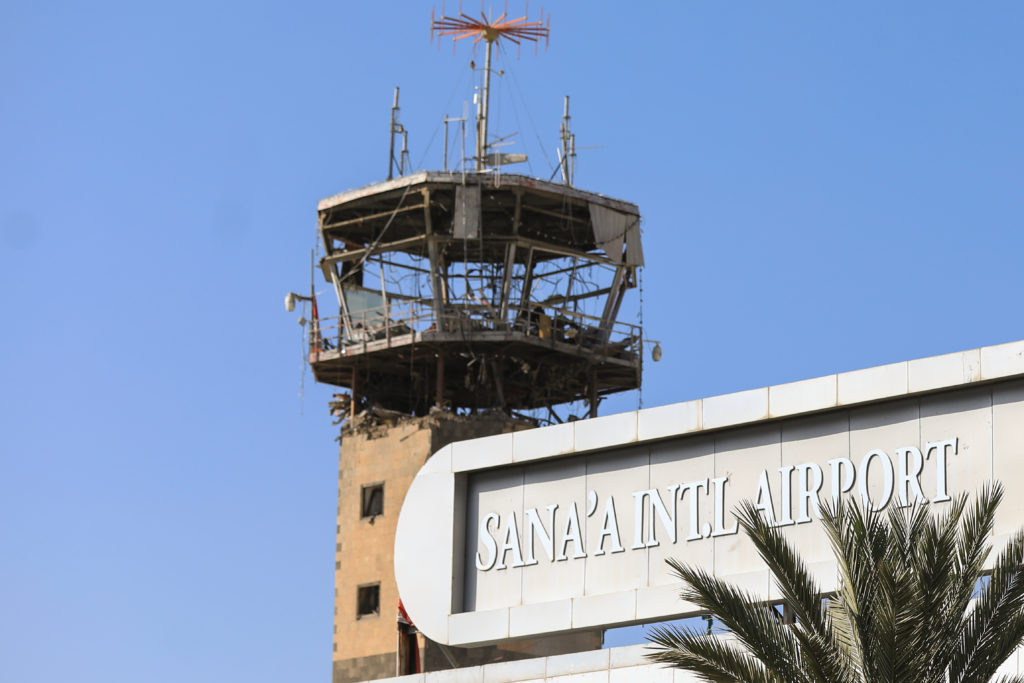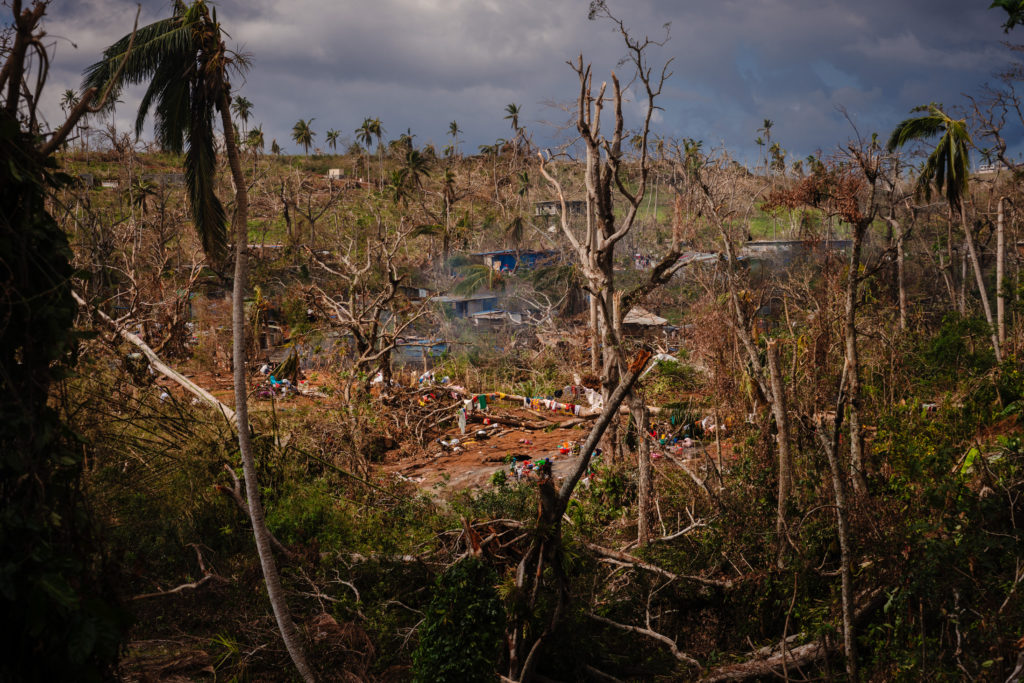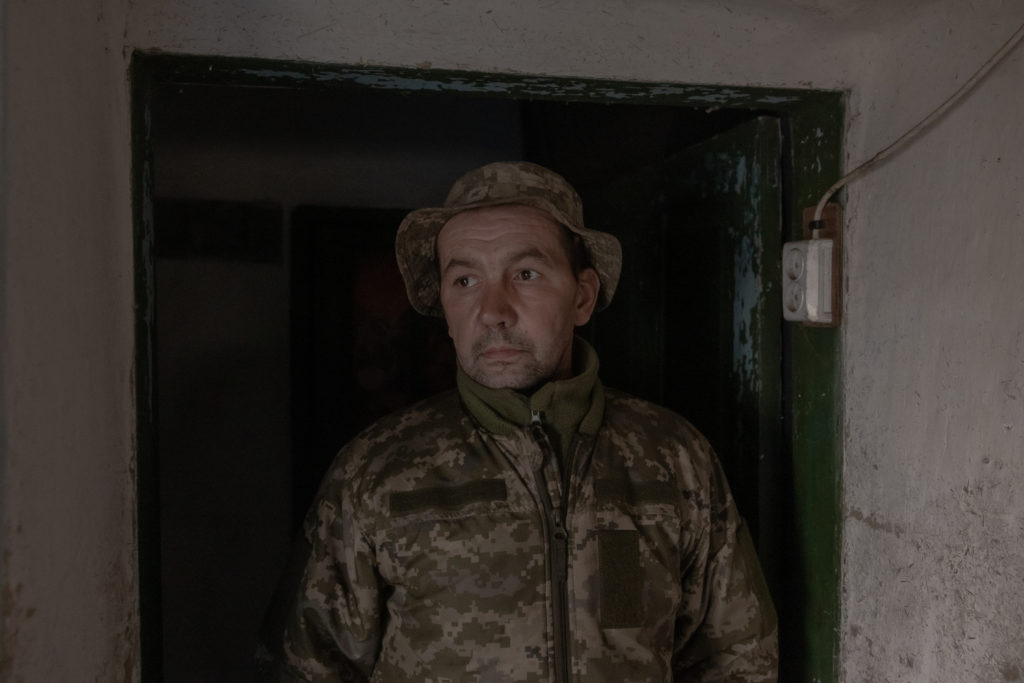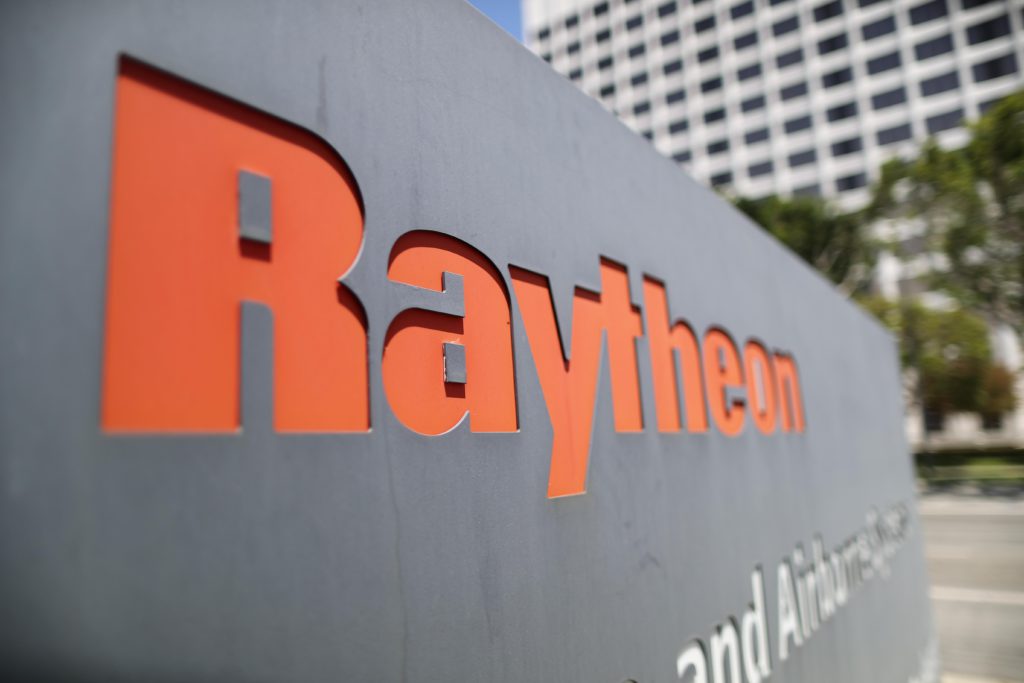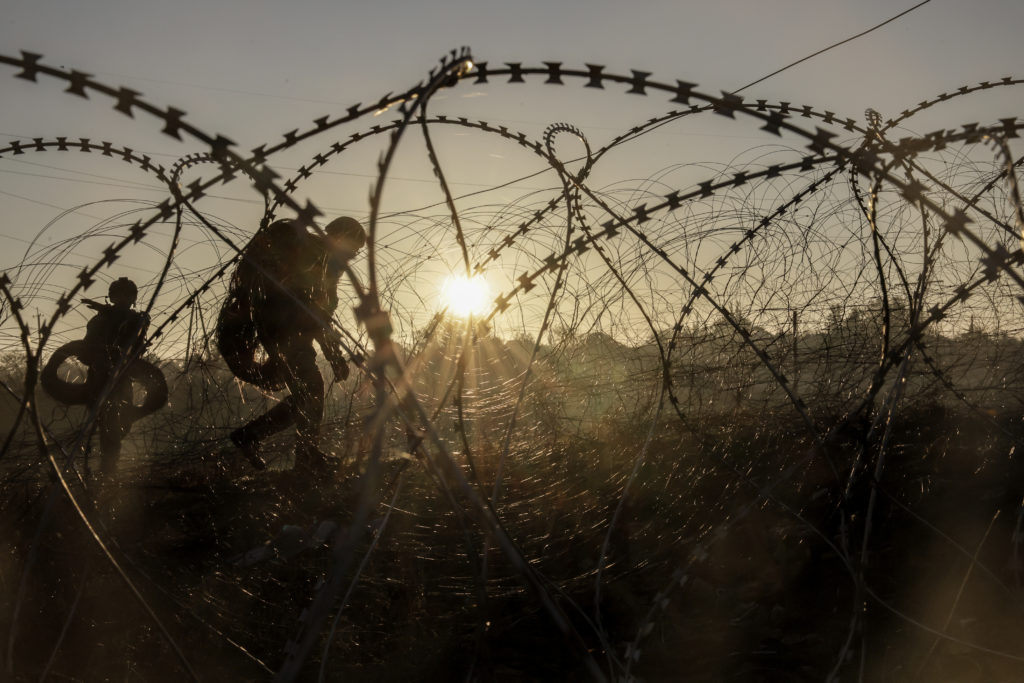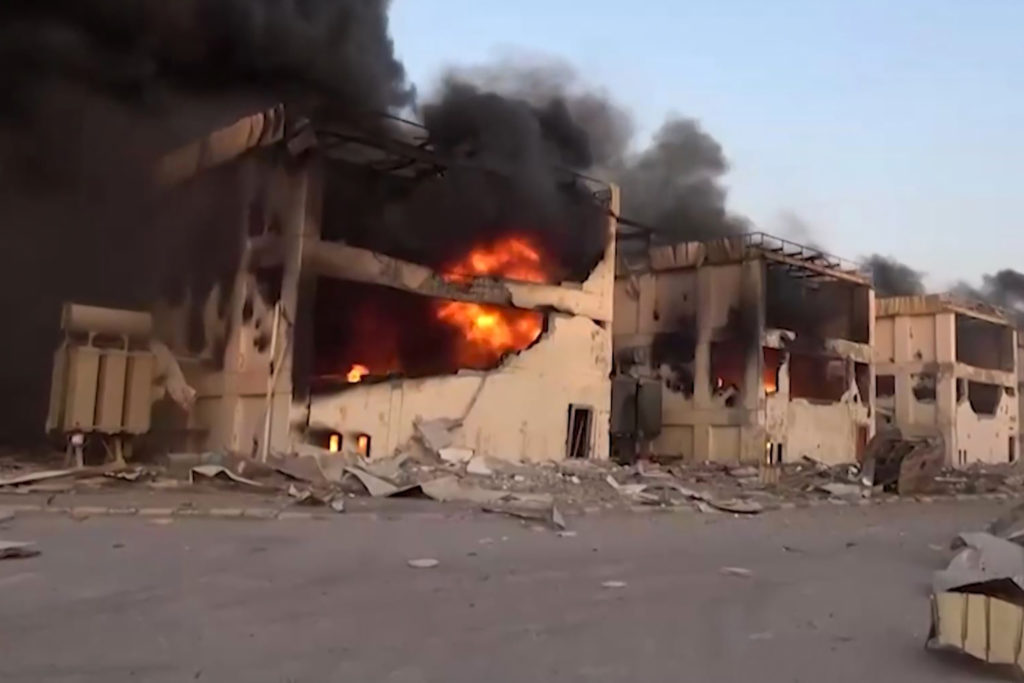Valencia’s “Fallas” festival wrapped up with fireworks and the burning of colourful sculptures on Sunday after returning to the eastern Spanish city following a pandemic-induced hiatus.
The five-day festival is traditionally held in March but was cancelled last year as the Covid-19 pandemic swept Spain. This year, officials postponed the start of the UNESCO-recognised event until September 1.
It was the first time that the festival was suspended since the end of Spain’s 1936-39 civil war.
Each year, residents make hundreds of colourful puppet-like sculptures — some as big as a four-storey building — out of wood, plaster and papier-mache for the festival.
Called “ninots”, the sculptures depict fairytale characters and cartoonish effigies of politicians and celebrities.
One ensemble from this year’s event was inspired by the hit Spanish Netflix series “Money Heist”. It depicted several people wearing red overalls and Salvador Dali face masks like the main characters in the show.
The ninots are displayed in the streets of the Mediterranean city and then burned on the last day of the festival — in a bonfire called the “Cremà” — in a centuries-old tradition honouring St Joseph, the patron saint of carpenters.
Fireworks lit up the night sky as this year’s bonfire, which features about 750 sculptures, was held without the thousands of spectators that the event usually draws.
The bonfire was brought forward by two hours to allow festivities to end before a nightly virus curfew came into effect at 1:00 am (2300 GMT).
After much debate a customary flower offering to the Virgin Mary was allowed to proceed — but without people lining the route, as is tradition.
“These are not Fallas as such, more like Fallas-related events that comply with health regulations,” said Valencia mayor Joan Ribo.
The Fallas festival is believed to have originated from pagan rituals marking the end of winter.
The pandemic has forced the cancellation of many of Spain’s most famous fiestas, including Pamplona’s bull-running festival and Seville’s Holy Week processions.

